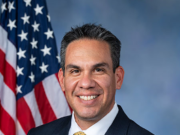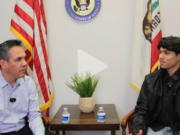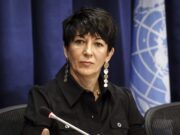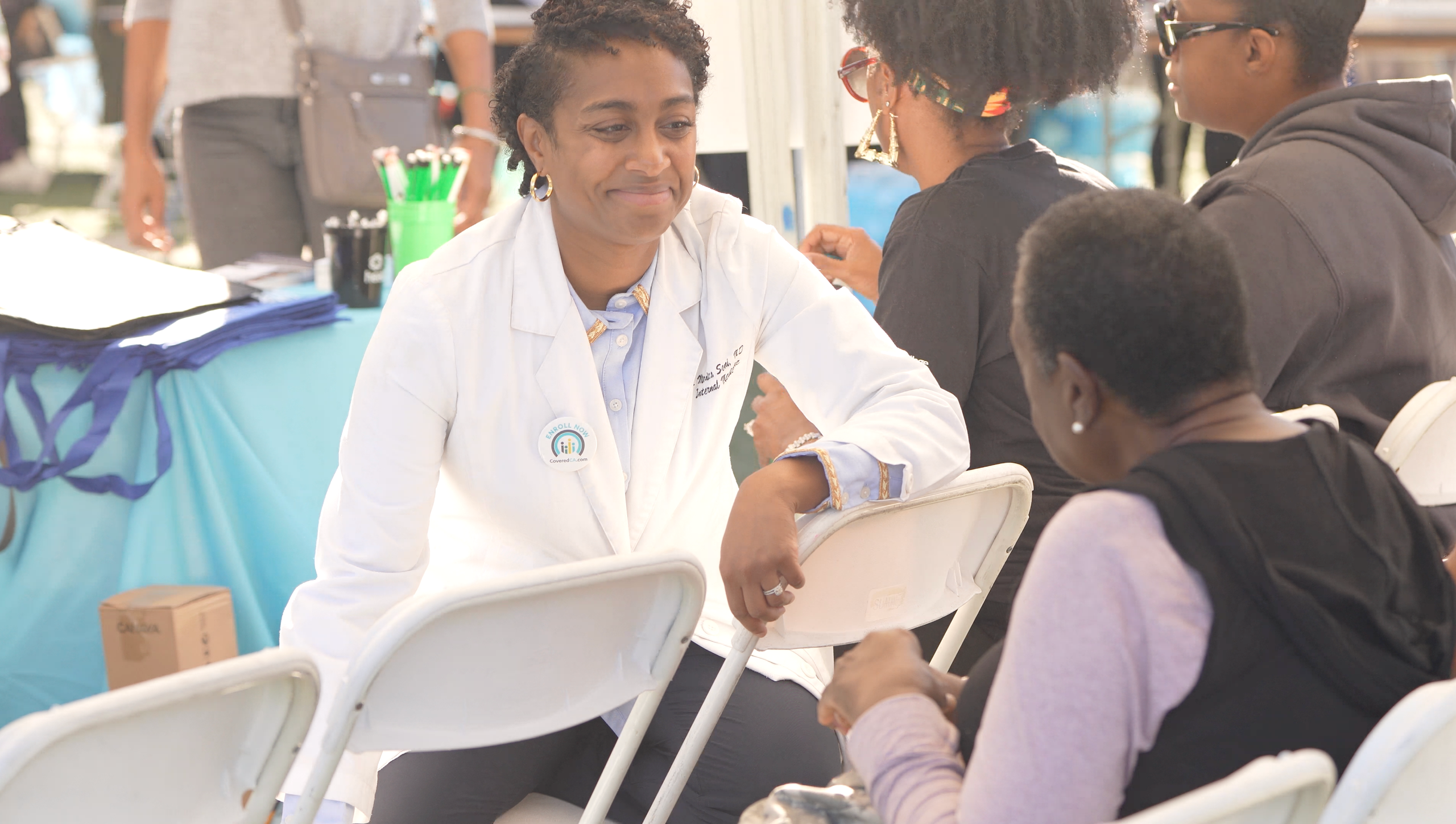By McKenzie Jackson | California Black Media
Covered California is channeling $15 million from underperforming health insurance plans into a new initiative aimed at improving the health and well-being of some of its members.
The Population Health Investments (PopHI) program supports low-income families with grocery assistance, boosts childhood immunization and well-child visit rates, and helps families invest in their children’s educational futures. It also strengthens primary care practices that serve Covered California and Medi-Cal enrollees by enhancing their population health management capabilities.
Dr. Monica Soni, Chief Medical Officer at Covered California, said the goal is to improve health outcomes and reduce disparities among enrollees.
“We often think of health as something that happens inside a clinic or hospital,” Soni said. “But in reality, most of what determines health happens outside those walls. We’re thrilled to bring these investments to life.”
The three-part initiative — also known as Beyond California — includes the Grocery Support Program, the Child Savings Account Program, and an Equity and Practice Transformation infrastructure project developed by the Department of Health Care Services.
PopHI is funded through the Quality Transformation Initiative, a performance-based accountability program that incentivizes the 13 health plans in the Covered California marketplace to meet benchmarks in areas like blood pressure and diabetes control, colorectal cancer screenings, and childhood immunizations. In 2023, 11 plans failed to meet those benchmarks and were penalized with fines.
“Our goal isn’t to collect money,” Soni said. “It’s to ensure that all Covered California enrollees — and all Californians — achieve the health and wellness they deserve.”
Launched in February, the Grocery Support Program will distribute $11 million to 13,000 enrollees and 7,000 households this year. Participants — who must have chronic conditions such as asthma, diabetes, or hypertension and report food insecurity — receive at least $80 per month on a reloadable debit card to purchase fresh food, packaged goods, baby food, and non-alcoholic beverages. Eligible households must earn no more than 250% of the federal poverty level.
“It’s hard to manage a chronic condition when you’re worried about your next meal,” Soni said. “Food insecurity makes it nearly impossible to maintain good health.”
The Child Savings Account Program, launched in March, deposits up to $1,000 into CalKIDS savings accounts for 272 children under age two who are Covered California members. The funds are tied to the completion of well-child visits and vaccinations, encouraging preventive care while supporting future educational expenses.
“Every parent or caregiver is hopeful about their child’s future,” Soni said. “There’s a clear link between good health and educational opportunity. This program supports both.”
In addition, 46 primary care practices across California received a $2 million investment to enhance data integration, access expert support, and participate in virtual learning and peer engagement to leverage Equity and Practice Transformation infrastructure.
Covered California plans to expand the Child Savings Account Program as it evaluates PopHI’s overall impact.
“We’ve never done anything like this before,” Soni said. “We’re moving millions of dollars from underperforming health plans back into the hands of our enrollees. As we plan for 2026, we want to learn what’s working and what more is needed.”


































